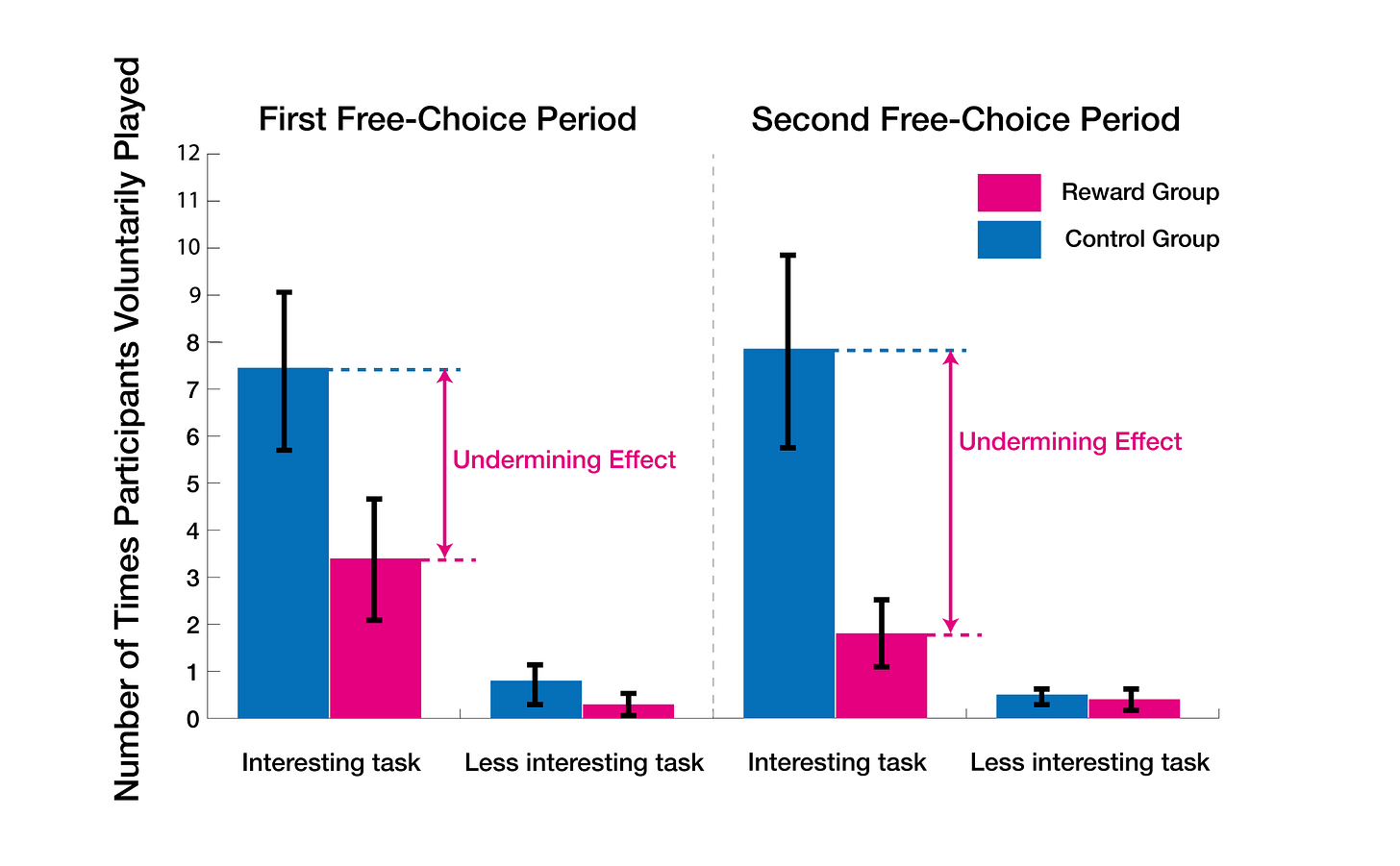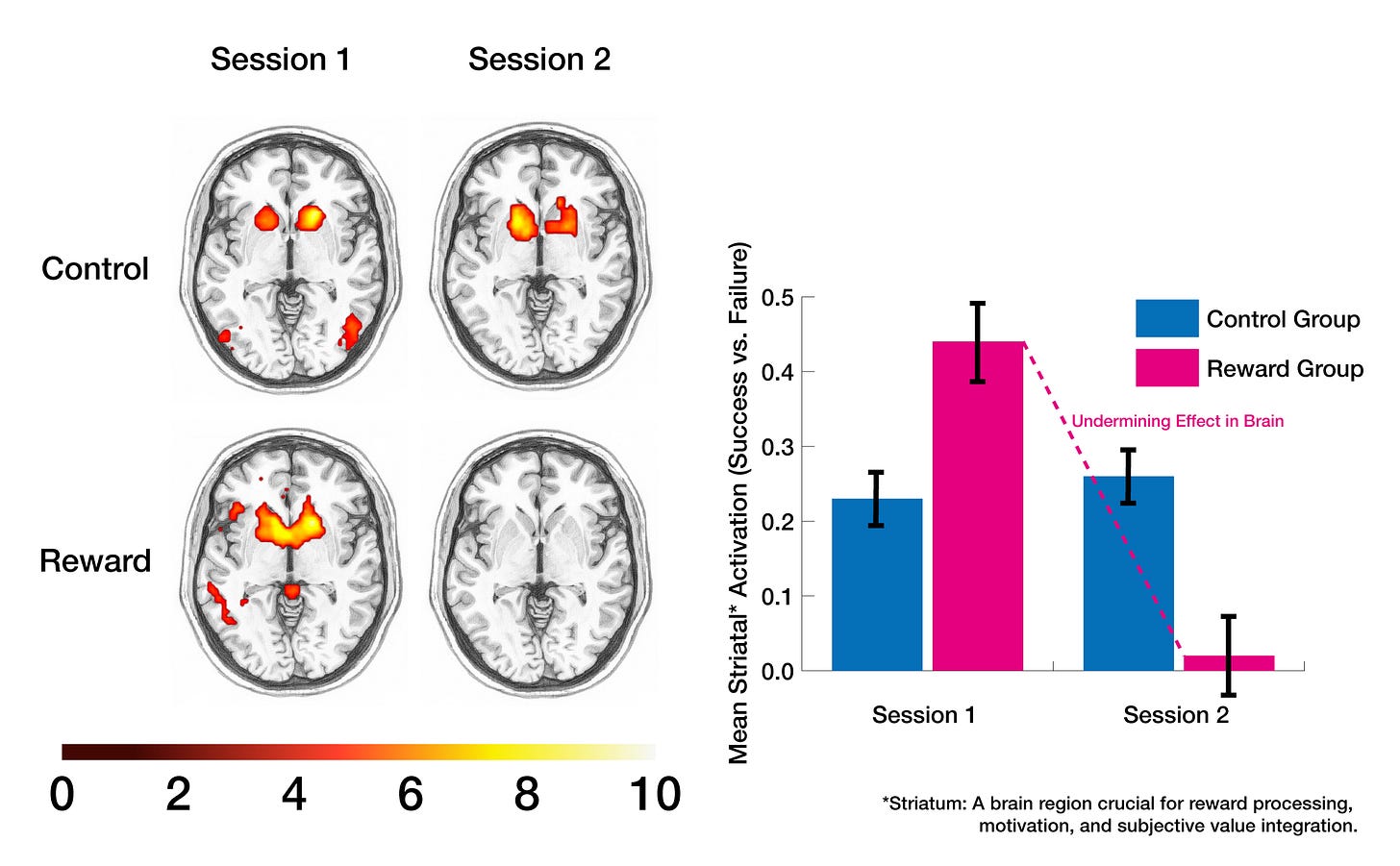This time, we discussed the topic: Is praising children a good thing? Many people praise children without much thought, but here we will examine the question more deeply in light of the principles of Montessori education.
We’d love to hear your thoughts. Feel free to share your comments!
“There is no punishment or reward in our schools to interfere with the joy in the work itself. The only reward is in the completion of the work–it is at this time that internal discipline establishes itself, and the foundations of character are laid. ” (Maria Montessori, “Maria Montessori Speaks to Parents”)
Profile
Yati Obara
Editor-in-Chief, Scientific Montessori
Based in Japan, born in 1989. Research Scientist at StudyX and Co-Director of the nonprofit think tank Polymath Research. Holds an M.Eng. and is an AMI-certified teacher. Focused on Montessori developmental theory and AI. Mother of two.
Hiro Obara
Publisher, Scientific Montessori
Based in Japan, born in 1990. CEO of StudyX and Co-Director of the nonprofit think tank Polymath Research. Works as a software developer and game designer. Father of two.
What neuroscience reveals about how praise affects the developing brain
Hiro
Today, let’s talk about praise and its effects on children.
Yati
What’s your take on praising children?
Hiro
I’ve been researching childhood developmental disorders for a brain training app I’m developing. Reading blogs about therapeutic education, I noticed a pattern: everyone gets praised excessively. The children, their parents, everyone gets praised like crazy. Staff at therapy facilities say things like “How cute!” or “Amazing!” at every opportunity. Many parents write, “At first it felt strange, but it saved my heart.” That really stuck with me. It’s as if therapeutic education equals praise. Maybe it’s not quite that extreme, but everyone seems to have strong reactions to being praised or watching their children be praised.
Yati
Preschools and kindergartens are similar, and it makes me uncomfortable too. Since learning about Montessori education, we’ve been careful about evaluating children, including praising. We don’t say “amazing” or “cute.” That probably makes the discomfort even stronger.
Hiro
The early childhood education world seems to treat praising as something wonderful, but personally, I think it’s a double-edged sword. Children might comply while being praised, but without it, they do nothing. There’s this sense of adults controlling everything. It feels like a technique to make children do what adults want rather than what children want to do.
Yati
There are bestselling books on praise techniques, but they’re ultimately about parents controlling children. That goes against the Montessori philosophy.
Hiro
Well, most parenting books are essentially manuals for controlling children to meet parents’ expectations. Actually, I recently read something fascinating in a neuroscience book. The brain region that responds to praise is different from the one that feels personal achievement. Even when you do something voluntarily, if you receive external evaluation, you start responding to the praise rather than the achievement itself. Then when the praise stops, you stop doing what you were doing voluntarily.
Yati
I looked for papers on this and found one. It’s research showing the “Undermining Effect” through brain activity data. This is a psychological phenomenon where people who were acting from intrinsic motivation lose motivation when they receive external factors like rewards or evaluation. (Murayama et al. 2010)


Hiro
That makes sense.
Yati
Here’s what they found. Even with tasks that seem interesting and engaging, when you add rewards, people start thinking “it’s meaningless without the reward.” Brain activity actually drops. In the study, it was a game people naturally wanted to practice. But with rewards, they stopped practicing voluntarily. When they learned the rewards would end, they practiced even less, and during the game, the brain stopped responding.
Hiro
Yeah.
Yati
This study used money as the reward. But other research confirms that monetary rewards and positive evaluation from others affect the brain in similar ways.
Hiro
Tell me more.
Yati
Think about what this means. Activities that should trigger “This looks fun!” get hijacked. They become “If I’m not praised, why bother?” And this rewiring happens at the brain level. Chores, writing letters, cooking... these naturally enjoyable activities become meaningless without praise. That’s terrifying when you really think about it.
Hiro
We made up a song with the kids called “Don’t Praise Me.” Our eldest wrote lyrics like: “Don’t praise me. When you praise, it’s not for myself anymore, and when I grow up I’ll become stupid.” I thought that was a bit extreme. But it turns out there’s actual scientific basis for it. [laughs]
Yati
Maybe that kind of simple, direct message is exactly what adults need to hear from children’s perspective.
Hiro
True.
Yati
This “don’t praise me” theme really resonates with me. As a child, I was completely driven by praise and good grades.
Hiro
I’m the opposite. I wasn’t praised growing up, so I don’t praise others either. I just keep challenging people. That’s why I’m good at developing people. [laughs]
Yati
Remember how you never praised my cooking? You’d only say things like “Try adding more salt next time” or “The timing could be better.”
Hiro
Did I? I don’t remember.
Yati
Then one day, I made something absolutely delicious. I asked “How is it?” and you asked back “What do you think?” When I said “It’s really delicious,” you said “If you think it’s delicious, isn’t that enough?” That’s when it hit me. I’d been cooking for praise, not for the joy of it. The real motivation should have been the pleasure of making food, enjoying it, and sharing it with someone I love.
Hiro
I don’t remember.
Yati
Something similar happened recently. I started cleaning days before guests arrived. The children joined in, and our eldest made the toilet sparkle. I thought “Now we can welcome our guests.” But she said “It feels good when it’s clean.” That made me pause. I was doing it for external validation again! She was doing it for the intrinsic satisfaction. I want to regularly value the feeling of “cleaning because it feels good”, so the children don’t end up thinking “We have to clean because guests are coming.”
Hiro
You’re so serious [laughs.]
Yati
[laughs.]
Hiro
If you genuinely think something is amazing, not to please the child, then praising is natural, isn’t it? Basically, I think it’s good to think once about “Why am I praising?” Making rules about everything like “don’t do this, don’t do that” is exhausting.
Yati
Let me share a failure from my Montessori training. During my AMI practicum at a Montessori preschool, I was careful with my words. I kept them simple: “You did it” or talking about specific efforts. But my trainer said my tone was too excited. It still came across as praise.
Hiro
Really?
Yati
Veteran teachers barely react. They just glance over with a neutral “Hmm.” Complete calm. No disturbance to the child’s concentration. It’s incredibly difficult. I’m still learning through daily practice with our own children. I’m gradually understanding what they taught me during practicum.
Hiro
Hmm. By the way, Maria Montessori said something perfect for you:
“A young student can become a great teacher or doctor if he is driven on by an interest in his vocation; but if he is motivated solely by the hope of a legacy or a good marriage or some other external advantage, he will never become a real teacher or doctor, and he will not make any great contribution to the world through his work. If a young man must be punished or rewarded by his school or family to make him study for his degree, it would be better for him not to receive it at all. Everyone has a special inclination or special secret, hidden vocation. It may be modest, but it is certainly useful.” (Maria Montessori, “The Discovery of the Child”)
Yati
That hits too close to home. Here’s another Montessori quote:
“It may happen, when we fall in love, or when a child has been conceived, or a book published, or a great discovery has been made, and we deceive ourselves with the thought that we are the happiest person in the world. And yet, if at that moment someone who is in authority, or who is over us like a teacher, should come up and offer us a medal or some other prize, he would rob us of our true reward. Disillusioned we would cry out: ‘Who are you to remind me of the fact that I am not supreme, that there is another so far above me that he can give me a reward?’” (Maria Montessori, “The Discovery of the Child”)
I think anyone who’s given birth can relate to this. After all that pain, when you’re holding your baby for the first time, in that fulfilled, quiet moment... If a stranger suddenly tried to give you a medal, it would ruin everything. Once you understand how praise can destroy these pure moments, you can’t carelessly evaluate children anymore.
Hiro
Ages zero to six are for coordinating senses and movement. Children need to experience as many failures as possible in the real world. But typical praise celebrates success, which makes them fear failure. What matters is their own trial and error, failing repeatedly, gaining insights. Parents should establish that cycle as a mindset. If you only praise success, children will hate failing and avoid real challenges. To borrow from Kenya’s Wangari Maathai, that’s “mottainai”, what a waste.
Yati
[laughs.] Adults think praise makes children like them more. But children see right through shallow praise, don’t they? The adults who calmly demonstrate, without fanfare, they’re the ones children really trust and admire.
Hiro
As a child, I knew there were aunts and uncles who praised excessively, so I think children observe adults’ reactions carefully to see if praise is genuine.
Yati
When you think about it, games are representative of things that don’t praise you. Children are absorbed in them even when adults tell them to stop. Really, housework and studying, if not praised, might have the same essential interest that makes you want to continue even when told to stop, like games. Actually, lately our second daughter won’t stop writing letters even when we say “Time for bed.”
Hiro
Think once about “Why am I praising?” And if you’re praising to please children, consider whether they’re really feeling genuine joy from it. Personally, I think having adults help clean up their messes is more valuable than easy praise from adults. When you take on a huge challenge, fail spectacularly, and make a complete mess of the table and floor, which adult would you prefer: one who gets really angry, or one who enjoys cleaning up with you? I think they’d prefer an adult like Curious George’s Man with the Yellow Hat. Even as an adult myself, I think so.
Yati
True. Remember when I first introduced you to Montessori’s ideas? You summarized the parent-child relationship perfectly.
The parent says: “I’ll take responsibility, so experiment freely.”
And the child responds: “I’ll do it myself, so watch quietly. If I fail, I’m counting on you.” That’s the essence of it.
Hiro
I don’t remember [laughs.]




